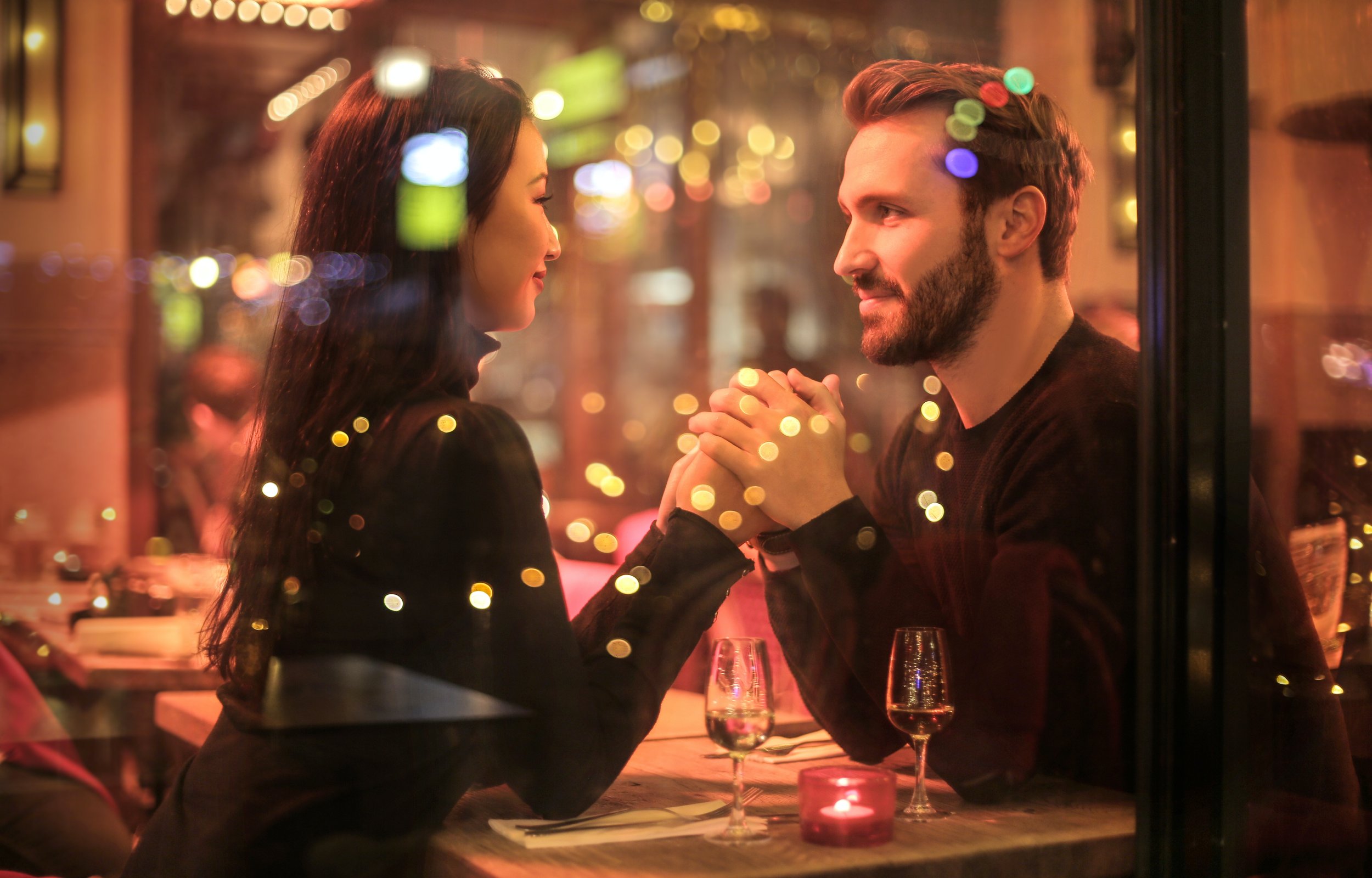
Live
Better
Blog
Navigating Relationships
Understanding Emotions
How to leverage your attachment style to cultivate self-love
In a nutshell, attachment theory is all about how our childhood experiences with parents/caregivers impact our relationships later in life. It looks at what we learned to do, and how we learned to survive, in response to our unmet emotional needs as kids.
How to shift your emotional state
I have two pieces of good news: 1. Your emotions are temporary. 2. You have the power to shift your emotional state. Learning to shift your emotional state can be life-changing. It’s also one of the most important practices to master on the road to becoming your best self.
How to release untrue beliefs about yourself—and cultivate self-love
As kids, we don’t have the capacity to meet our own emotional needs or think in abstract terms. So how do we go about letting go of these old beliefs and rebuilding our sense of self worth?
6 steps to kickstart your therapy journey
As a therapist, I’m really glad our culture is coming around to the idea that we could all use some mental health support from time to time. If you’re thinking about starting therapy, here are 6 tips to help you make the most of it.
How to deal with rejection
Have you ever felt rejected? Of course you have. We all have, and it’s not fun. So what can we do to make rejection sting less?
The Dos and Don’ts of Making Friends (as a Socially Anxious Person)
As someone who used to feel anxious and awkward in just about every social situation, here’s what I did to get myself out of isolation and start making new connections with people!
What do you do when you’re knocked back to the beginning?
I’ve spent years cultivating the “perfect” coping skills. Creating a strong emotional support system. Building a career that makes me feel purposeful and smart. Putting together a balanced exercise routine of yoga, cardio, and weights. Developing exceptionally healthy eating habits. And then I had a baby.
‘Tis the season to be stressed: 4 tips to turn down the anxiety and turn up the joy with your family over the holidays
The holidays. For some, it’s a season to be jolly. For many of us, it’s the most stressful time of the year. A time when emotions and expectations reach a fever pitch, when the potential for emotional conflict hits its peak. Why do the holidays tend to be so stressful? And what can we do to move through this time of year with more calm and compassion – both for ourselves and the people around us?
The power of sitting with your emotions
Though the results aren’t usually instantaneous or obvious, the effects of sitting with your emotions tend to show up in powerful ways.
Why equanimity matters—and how to cultivate it
Equanimity is one of the most powerful tools I’ve learned from Buddhism. Almost every day, I find myself in situations that call for equanimity.
When Anxiety is a Call to Action
Though we tend to think of anxiety as a negative emotion, it isn’t always the bad guy. Sometimes anxiety emerges as a signal that we need to make a change in our lives.
Why Patience is Key When You’re Dating
“If you knew right now that in a year you were going to meet the person of your dreams, would you still be in pain at this moment?” The answer was “no.” Be patient.
How to cope with Social Anxiety
Whether we know it or not, we’re taking in other people’s feelings all the time. As human beings, we’re constantly connecting with one another on an emotional level.
Freeing Ourselves from the Tyranny of the Should
What is the "tyranny of the should" and how do we let go of it?
My TEDx Talk: Remaking our relationship with anxiety
In my TEDx talk, I wanted to explore why so many of us feel anxious so much of the time. And I wanted to look at what we can do about it.
The Friendship Series, Part 2: How to Make New Friends
When we’re trying to make new friends, it often takes time to build a friendship that lasts. We’re busy, other people are busy, and it’s not always easy to find people we truly connect with. So how do we find people we could potentially be friends with?
Our parents, ourselves: Forgiving ourselves for how we coped
If we grow up believing we’re responsible if anything upsetting happens at home—or in moments when we don’t get the emotional support we need—we gradually lose pieces of our sense of self-worth.
We make up stories and false beliefs about ourselves to support the idea that there’s something wrong with us. And we tell ourselves this is why we’re not getting what we need emotionally. For example: “I’m not loveable” or “I’m not good/smart/talented enough.” Over time, we develop coping mechanisms to back up our false beliefs.




















